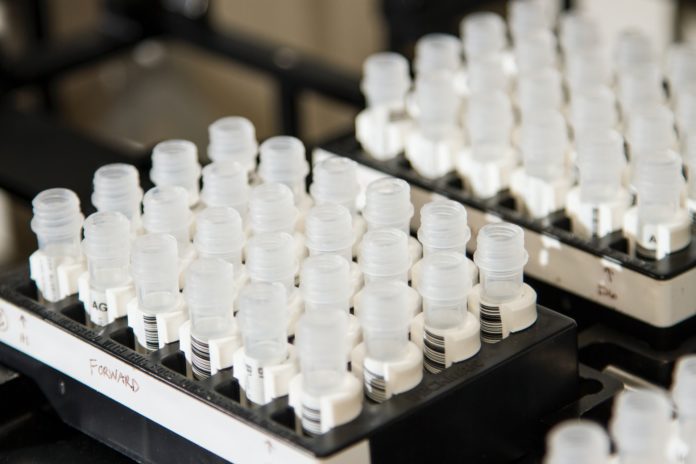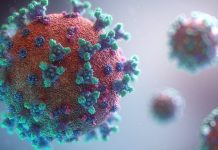AstraZeneca has taken the next steps in its commitment to broad and equitable global access to the University of Oxford’s COVID-19 vaccine, following landmark agreements with the Coalition for Epidemic Preparedness Innovations (CEPI), Gavi the Vaccine Alliance, and the Serum Institute of India (SII).
The Company reached a US$ 750 million agreement with CEPI and Gavi to support the manufacturing, procurement, and distribution of 300 million doses of the vaccine, with delivery starting by the end of the year. In addition, AstraZeneca reached a licensing agreement with SII to supply one billion doses for low and middle-income countries, with a commitment to provide 400 million before the end of 2020.
Together, the agreements mark the latest commitments to enable global access to the vaccine, to low and middle-income countries, beyond AstraZeneca’s recent partnerships with the UK and US. The Company is building several supply chains in parallel across the world to support global access at no profit during the pandemic. It has so far secured manufacturing capacity for two billion doses of the vaccine.
The agreement with CEPI and Gavi represents the first advanced market commitment through the Access to COVID-19 Tools (ACT) Accelerator, a global collaboration of philanthropic, multilateral, private sector and civil society partners. The mechanism will accelerate the development, production and equitable access to the new COVID-19 tools across the world, including in low and middle-income nations. CEPI will lead to vaccine development and manufacturing and Gavi will lead the procurement within the global mechanism.
Pascal Soriot, chief executive officer, AstraZeneca, said, “We are working tirelessly to honor our commitment to ensure broad and equitable access to Oxford’s vaccine across the globe and at no profit. Today marks an important step in helping us supply hundreds of millions of people worldwide, including those in countries with the lowest means. I am deeply grateful for everyone’s commitment to this cause and for their work in bringing this together in such a short time.”
Richard Hatchett, chief executive officer, CEPI, said, “AstraZeneca and our other industry partners have a critical role to play in rapidly developing safe and effective vaccines and manufacturing the billions of doses needed to put a permanent end to the COVID-19 pandemic. AstraZeneca is admirably committed to equitable global access for this vaccine. This partnership demonstrates how the COVID-19 Vaccine Global Access Facility will bring the private, public, and third sectors together to make. COVID-19 vaccines available to those who need them most, for the benefit of all.”
Seth Berkley, chief executive officer, Gavi, said, “Today we have seen a tremendous willingness from donor governments to support equitable access, particularly to developing countries – and it is incredibly heartening to see the private sector join in this effort. We encourage other vaccine manufacturers to work with us towards the shared global goal of finding solutions for this unprecedented pandemic.”
Adar Poonawalla, chief executive officer, SII, said, “Serum Institute of India is delighted to partner with AstraZeneca in bringing this vaccine to India as well as low and middle-income countries. Over the past 50 years SII has built significant capability in vaccine manufacturing and supply globally. We will work closely with AstraZeneca to ensure fair and equitable distribution of the vaccine in these countries.”
AstraZeneca recently agreed to supply 400 million doses to the US and UK after reaching a license agreement with Oxford University for its recombinant adenovirus vaccine, formerly ChAdOx1 nCoV-19 and now known as AZD1222.
Oxford University recently announced the start of the Phase II/III trial of AZD1222 in about 10,000 adult volunteers. Other late-stage trials are due to begin in several countries. AstraZeneca recognizes that the vaccine may not work but is committed to progressing the clinical programme with speed and scaling up manufacturing at risk.
The Company’s comprehensive pandemic response includes rapid mobilization of AstraZeneca’s global research efforts to discover novel coronavirus-neutralizing antibodies to prevent and treat progression of the COVID-19 disease, to reach clinical trials in the next three to five months.
Additionally, the Company has quickly moved into testing of new and existing medicines to treat the infection, including the CALAVI and ACCORD trials underway for Calquence (acalabrutinib) and the DARE-19 trial for Farxiga (dapagliflozin) in COVID-19 patients.









